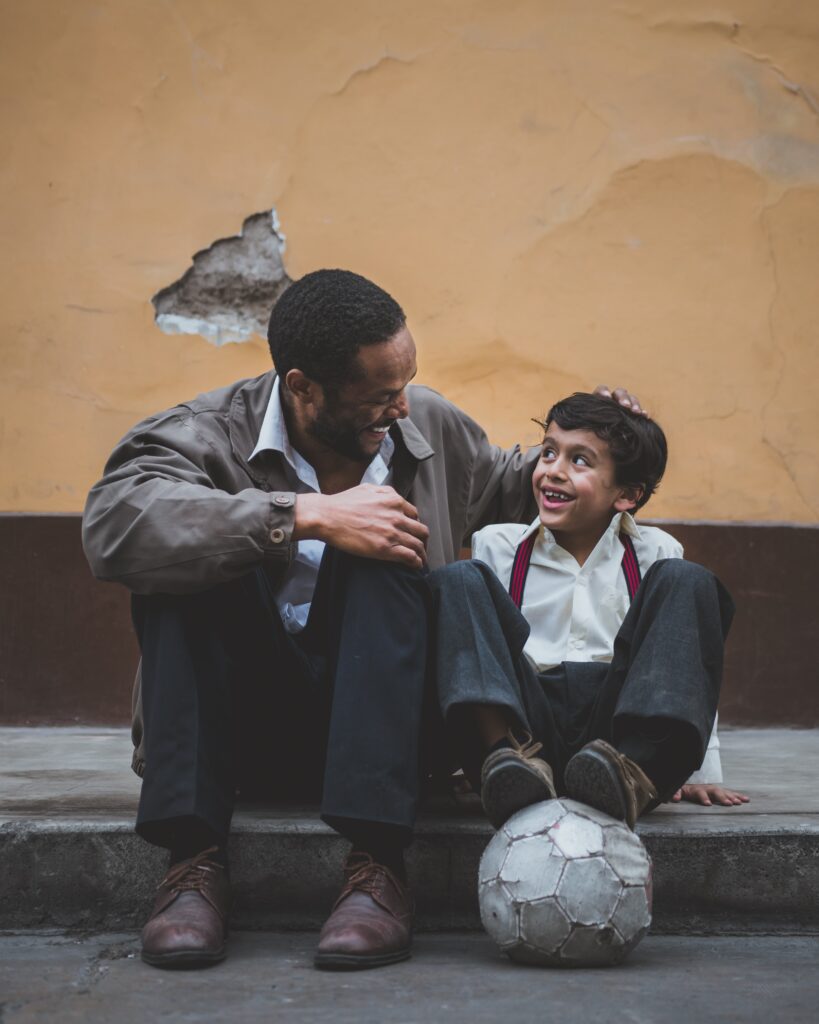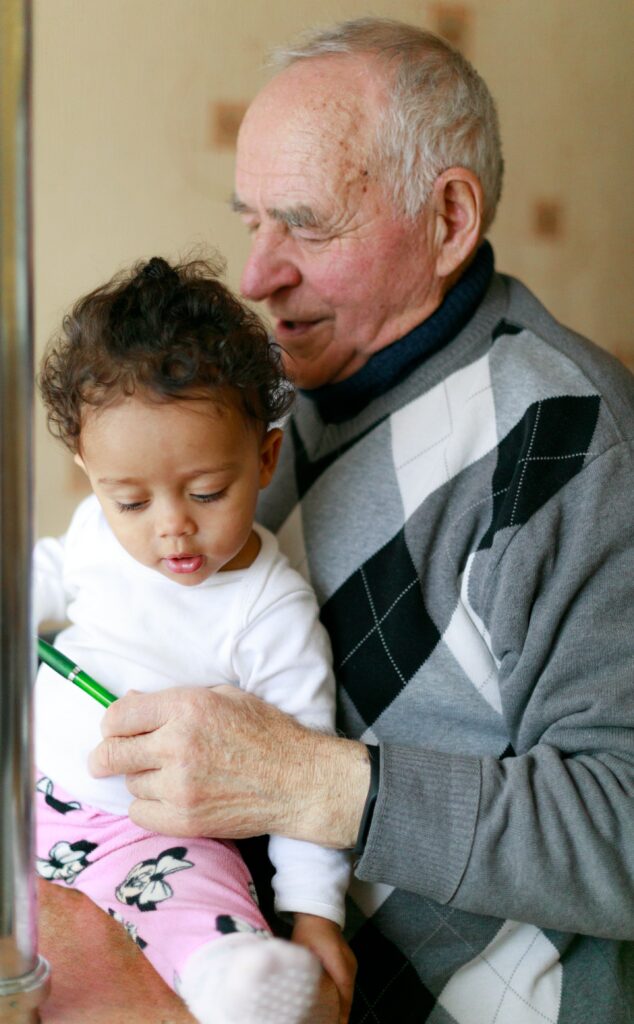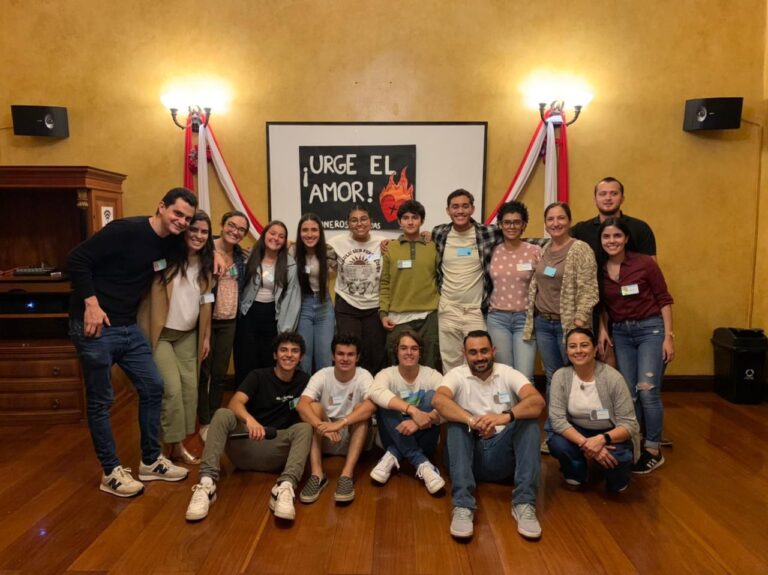St. Francis de Sales teaches us that love is the fundamental law of the world, and according to this law, God has made everything for love, with love and through love. That is why the human being, as the masterpiece of creation, is called to love as God does.
God’s love for each one of us is an unconditional love that is offered to us completely, regardless of our limitations and sins. He is always ready to forgive and welcome us into his arms. To love in this way is very difficult for us, since we are creatures prone towards selfishness, thinking of our own well-being and pleasure; however, it is not an impossible task. It must be a daily exercise of eschewing our own desires so that we can do good to others, for love is not a feeling but an action and an attitude.
Loving without prejudice
We are called to love everyone without judgment. Prejudice is an idea we have of others that may be related to their color, race, religion or sex, their lifestyle, or political choices, and that prevents us from approaching them, bond with them and, consequently, prevents us from loving them.
Prejudice often causes us to judge others without really knowing their situation. In order to overcome prejudice, we need to put ourselves in the other person’s shoes and be empathetic.
This expresses the golden rule that Jesus says in Matthew 7:12: “So in everything, do to others what you would have them do to you.”
It is also important to reflect on the reason for my intolerance towards others, what is the origin of this barrier that I have put up and that prevents me from loving and serving?
If that obstacle is due to some behavior on the part of my neighbor which I consider wrong, then love should lead me to seek dialogue. I should always express my point of view respectfully, knowing that the other person will have the freedom to accept it or not, to change his attitude or to continue acting that way. Regardless of his reaction, I must accept and understand him.

Cultivating empathy
On the other hand, what should my attitude be if I endure some sort of discrimination or prejudice? In this case, we must be aware that we cannot control the attitudes of others, but we can control our reaction to them. Playing the victim does not help at all and shows lack of maturity, since it places the responsibility for our feelings and our attitude towards life in the hands of someone else.
Empathy can also be practiced here, putting myself in the other person’s place and thinking “maybe if I had the same education and suffered the same traumas and experiences, I could be acting much worse than that person. So, I cannot judge, much less condemn the other person. What I must do is forgive, remembering the words of Jesus to his aggressors “Father, forgive them for they do not know what they do” (Lk 23:34).
This does not mean that we should not correct someone if we see that he is acting wrongly.
Fraternal correction is also an attitude of love, but it should always focus on the wrong behavior and not on the person. Every human being has infinite value to God, so we must recognize that value in the other, regardless of his or her behavior.

Something we cannot forget is that, in order to love each other as brothers, we must recognize that we have the same Father.
“Fraternity without paternity is a contradiction,” says Father Kentenich.
Therefore, without the supernatural dimension and without insistently asking the Father for the grace to learn to love one another, we will achieve nothing. The horizontal beam of the cross which reminds us that we are brothers and sisters on the same level, does not remain loose in the air, but is fixed to the vertical pole, which reminds us that we must have our feet on the ground but always aim high; only in this way will we be able to experience brotherly love.
Loving is not easy, for it implies a kind of death. We must kill the selfishness in us and that tendency to put ourselves at the center of the world, seeking only that which gives us pleasure, so that we can go out to meet others and serve them in their needs. Alone we will achieve nothing.
We must ask more insistently “Lord, teach me to love! You have changed the structure.” We can also count on the help of our brothers and sisters, the Saints, who conquered the art of loving. Knowing their history can teach us how they succeeded in putting the commandment of love into practice. We must also ask for the help of the Blessed Virgin, our Mother, Queen and great educator on our journey of growth in love for our neighbor.



